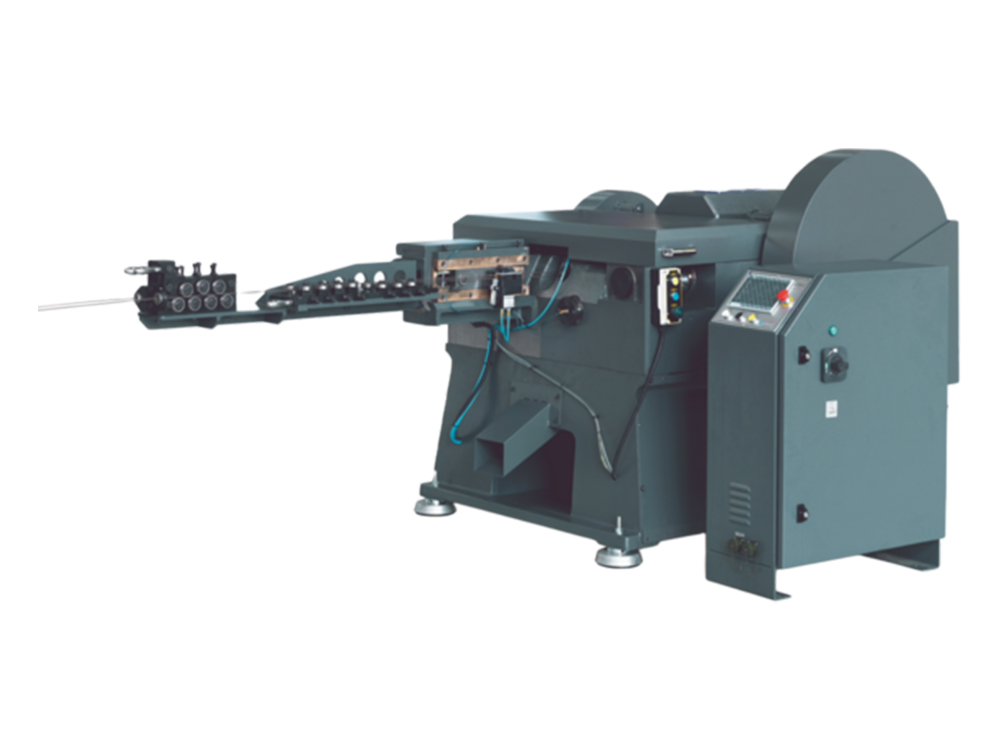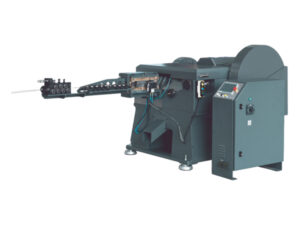Why Record Keeping Is Important
Record keeping is a critical aspect of running any small business, especially when it comes to taxes. Proper documentation supports accurate tax reporting and helps manage the financial health of the business. Tax authorities require businesses to maintain comprehensive records to substantiate income, expenses, and deductions. If you don’t, you risk fines, audits, and other legal issues. Small business operators can avoid unforeseen issues by maintaining complete records that guarantee compliance with tax laws and regulations. They can ensure efficiency and accuracy with the help of a reputable CPA.
Additionally, accurate records provide insight into cash flow, allowing business owners to make informed decisions. This information can be used for budgeting, forecasting, and strategic planning, ultimately contributing to the business’s growth and stability. In essence, record-keeping is not just about tax compliance; it’s about establishing a solid foundation for the business’s financial future.
Best Practices for Record-Keeping
Adopting best practices for record keeping can streamline the process and improve efficiency. Here are some key practices to consider:
- Organize Receipts and Invoices:Keep all receipts and invoices in a systematic manner. Digitize paper documents to reduce clutter and make retrieval easier.
- Track All Transactions:Record every financial transaction, including sales, expenses, and bank deposits. Use categories to classify transactions, simplifying financial data analysis.
- Reconcile Accounts Regularly:Regularly reconcile your bank accounts with your financial records to catch discrepancies early and ensure accuracy.
- Maintain a Record-Keeping Schedule:Allocate specific times each week or month to update and review records. Consistency is key to maintaining accurate records.
- Store Records Securely:Use secure, backup-enabled storage methods to protect your records. Consider both physical and cloud-based storage solutions to safeguard your information.
Tools and Resources to Aid in Record-Keeping
Utilizing tools and resources can greatly enhance the efficiency of your record-keeping process. Here are some recommended tools:
- Accounting Software:Programs like QuickBooks and Xero offer comprehensive solutions for tracking income, expenses, and generating financial reports. These tools can automate many aspects of record keeping, reducing manual effort and minimizing errors.
- Cloud Storage:Digital document storage may be made safe and easily accessible with services like Dropbox and Google Drive. With cloud storage, you can organize records systematically and access them from any device, ensuring you never lose crucial information.
- Mobile Apps: Apps like Expensifyand Receipt Bank allow you to capture receipts and track expenses on the go. These apps can integrate with your accounting software to streamline the record-keeping process.
- Physical Filing Systems:For those who prefer traditional methods, maintaining a well-organized filing cabinet with labeled folders for different categories of documents can be effective.
Maintaining Consistent Record-Keeping Habits
Maintaining consistent record-keeping habits is essential for long-term success. Establish specific objectives for the record-keeping tasks you wish to accomplish first. Make a list of the most important things that require your constant attention so that you can stay on course. Involve your team members in the process and ensure everyone is aware of their responsibilities related to record keeping. Periodically review your records to identify any gaps or areas for improvement.
Additionally, staying educated on the latest record-keeping techniques and tools can help keep your methods up-to-date and efficient. Participate in workshops, webinars, and networking events to learn from other business owners and experts in the field.
Seeking Professional Advice
While many small business owners manage their records independently, seeking professional advice can be incredibly beneficial. Accountants and bookkeepers have the expertise to ensure your records are accurate, comprehensive, and compliant with tax laws. They can provide guidance on best practices and help you optimize your record-keeping processes.
More difficult jobs like creating financial statements, paying taxes, and managing audits can also be helped by a professional. By leveraging their knowledge and experience, you can focus on confidently running your business, knowing that your financial records are in good hands.
In summary, maintaining accurate records for small business taxes is a strategic strategy that can lead to financial success rather than just a compliance obligation. Small business owners can ensure their financial health and stability by understanding the importance of record keeping, adopting best practices, utilizing effective tools, maintaining consistent habits, and seeking professional advice.

















